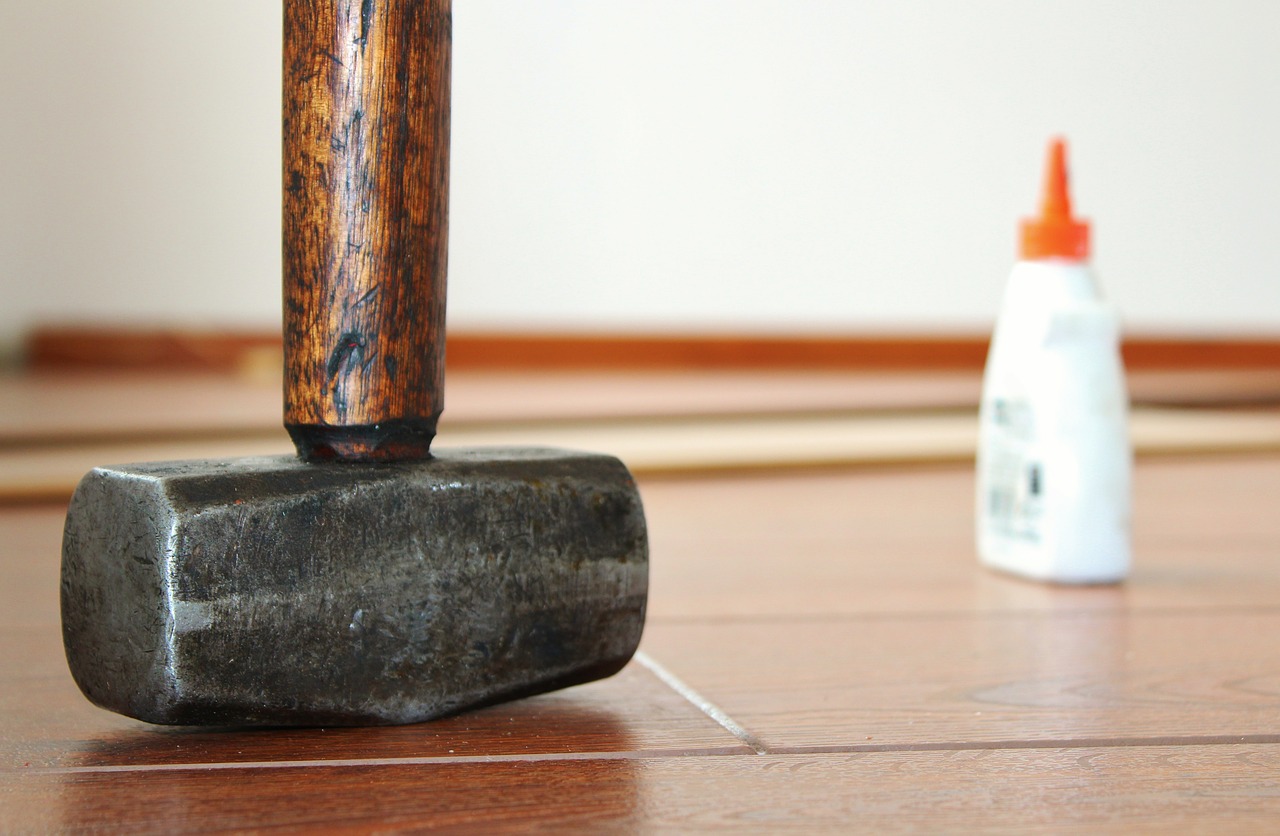Simply stated, the evolution of today’s adhesives for the installation of engineered wood flooring has been a tremendous success story for the flooring industry.
More than 20 years ago, the preferred adhesive for wood flooring was chlorinated solvent-based.

Even though this type of adhesive has many outstanding application properties (such as gap-filling capabilities and extended open time), the solvent used as a carrier is heavier than air.
This resulted in the air at the floor level being heavily concentrated with solvent odor. Proper air circulation was an absolute necessity when using them.
Chlorinated solvents are also suspected of being ozone-layer depletion so replacing them was paramount.
Today, there are two types of adhesives that have replaced the old chlorinated solvent-based adhesive, although many people thought that it couldn’t be done.
The first type of adhesive is the moisture-cured polyurethane adhesive. Even though this technology is not totally new from a chemistry point of view, the use of this technology for wood flooring was considered too expensive and not installer-friendly.
The challenge was to improve its handling characteristics and reduce its cost. Training contractors how to properly use this type of adhesive was also critical.
The most interesting thing about moisture-cured polyurethanes is that they need (absolutely require) moisture in order to properly set up and cure.
Read Also:
Without some moisture, these adhesives would never cure. This is certainly contrary to our thinking that moisture is bad for adhesive setup.
The second type of adhesive for wood flooring is a more traditional one. These adhesives are water-based; however, these adhesives are very specialized and are very high solids.
They are only traditional in that they require the loss of water (evaporation) for setup and an eventual cure.
It’s a myth that these adhesives have poor water resistance and are incapable of holding wood flooring down for the long term.
The new water-based adhesive technology has changed the long-held belief that water and wood do not mix.
They are also easier to install and are non-toxic and free of harmful chemicals, thus making them environmentally friendly.
For vinyl flooring, it is best to use acrylic adhesives that are based on resin. They are excellent at withstanding temperature fluctuations and keep well in a moist environment.
Hard work and emerging technologies have certainly provided us with a great one-two punch to install today’s wood flooring.
Use the moisture-cured polyurethanes for your toughest applications, such as heavy commercial and industrial flooring or where moisture is a concern.
Use the water-based adhesives as your multipurpose product to replace the old chlorinated solvent-based adhesives or when light use is projected.